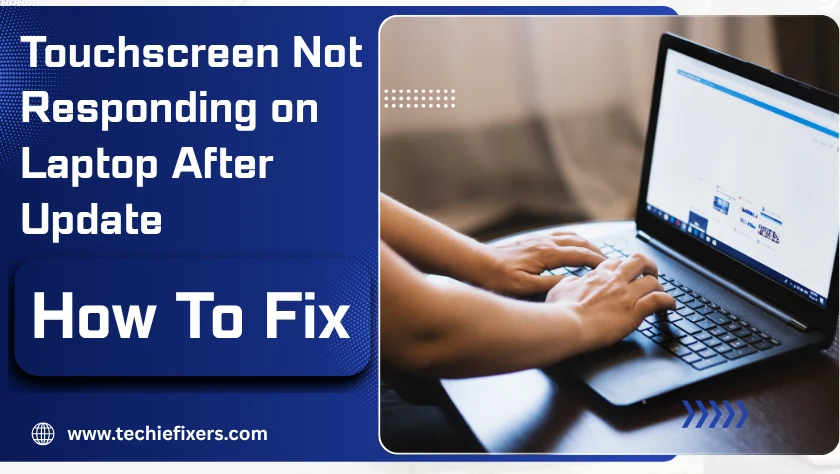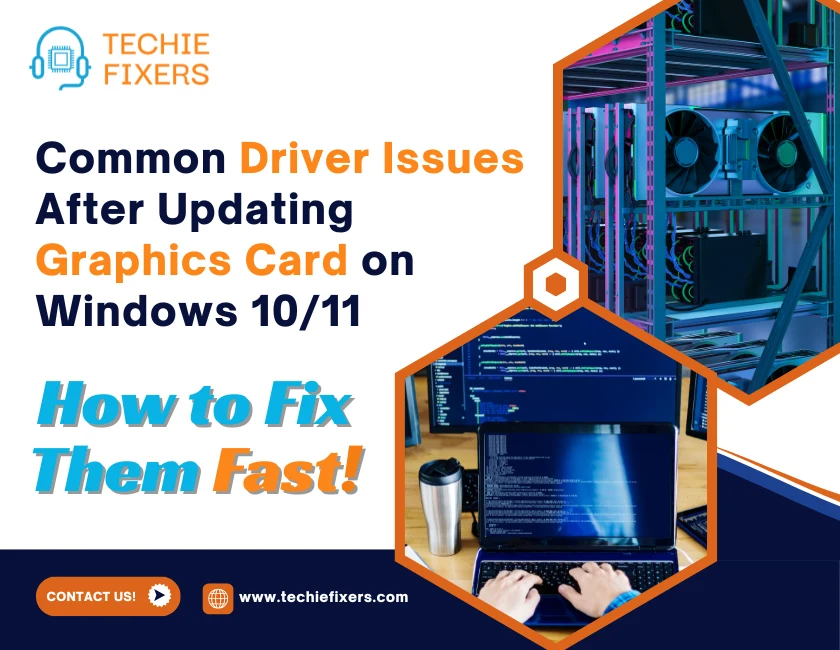We clean our device every spring why not do the same for our tech? If your phone lags, your laptop takes forever to start, or your tablet is constantly out of storage, it’s time for a digital cleanup. Over time, our devices collect clutter: junk files, unused apps, outdated software, and even malware. All of this eats up valuable space and slows things down.
You don’t need to be a tech expert to fix it. In this guide, we’ll walk you through practical, beginner-friendly ways to free up space and speed up your devices whether it’s a PC, Mac, phone, or tablet. Let’s get into your tech spring cleaning checklist.
1. Check What’s Eating Up Your Storage
Before you delete anything, find out what’s actually taking up space.
On Windows:
Go to Settings > System > Storage
It shows a breakdown apps, documents, temporary files, etc.
On macOS:
Go to Apple Menu > About This Mac > Storage
On Android:
Settings > Storage lets you review apps, media, and cached data.
On iPhone/iPad:
Settings > General > iPhone Storage
Look for large videos, unused apps, or old downloads. You’ll be surprised how much space is wasted on stuff you forgot existed!
Pro Tip: Empty your recycle bin or trash after deleting files it still takes up space until you do.
2. Uninstall Unused or Heavy Apps
Many of us download apps for a one-time use and forget about them. But they sit in the background, taking up space and sometimes even running in the background.
On PC or Mac:
Use the built-in uninstaller or third-party tools like Revo Uninstaller or AppCleaner (Mac) for a deeper clean.
On mobile devices:
Long-press on the app icon and select uninstall or delete.
Note: Look out for “bloatware” or manufacturer-installed apps you never use they’re safe to remove in most cases.
User Question: Is deleting apps enough to speed up a device?
Yes especially if they were running in the background or had large data caches.
3. Clear Cache, Cookies & Other Junk Files
Web browsers, apps, and system processes constantly store temporary files (called cache). These are helpful but can pile up and slow things down.
Clear Cache in Chrome (PC or Mac):
Settings > Privacy > Clear Browsing Data
Select “Cached images and files” and “Cookie.”
On Android:
Settings > Apps > [App Name] > Storage > Clear Cache
On iPhone/iPad:
Safari: Settings > Safari > Clear History and Website Data
For other apps, reinstalling can remove old cache data.
You can also use cleanup tools like CCleaner (Windows) or CleanMyMac to do this automatically.
4. Move Files to External or Cloud Storage
Don’t clog up your internal storage with large media files or old documents.
- Use Google Drive, OneDrive, Dropbox, or iCloud to store old photos and videos.
- External hard drives or USB drives work great for large files like movies or backups.
Bonus Tip: Set up auto-backup for photos so they don’t stack up in your phone’s internal storage.
5. Organize Your File System
Once you’ve moved or deleted files, create a folder system that works. For example:
Documents > Work | Personal | Tax Media > Photos | Videos | Graphics
Use descriptive file names so you can find things fast.
Not only does this free up mental clutter, but it also makes it easier to back up or transfer your data.
6. Disable Startup Programs and Background Apps
Ever wonder why your device takes forever to boot up? A big reason: too many apps launching at startup.
On Windows:
Task Manager > Startup tab
Disable anything unnecessary like auto updaters or launchers.
On Mac:
System Settings > General > Login Items
Remove items that don’t need to run on boot.
Bonus Tip: Check background processes using Activity Monitor (Mac) or Task Manager (Windows) and close unneeded apps.
7. Update Your Operating System and Apps
Yes, updates can be annoying but skipping them makes your device vulnerable and slow.
- Updates fix performance bugs.
- They patch security holes.
- They optimize memory usage.
Go to your system’s update section and run any pending updates—OS, apps, drivers, all of it.
8. Run a Full Malware and Virus Scan
Viruses and spyware often work in the background, using up memory, slowing down systems, and even risking your privacy.
Use reputable tools like:
- Windows Defender or Malwarebytes (PC)
- Avast or Bitdefender (Mac)
- Norton or McAfee (for mobile and desktop)
Run a full scan. Remove anything suspicious even if it’s labeled as “low risk.”
9. Physically Clean Your Devices
Don’t forget the physical spring cleaning!
- Use a microfiber cloth and 70% isopropyl alcohol to clean screens and keyboards.
- Blow out dust from vents with a can of compressed air.
- Remove crumbs and debris under the keyboard keys.
Overheating due to dust buildup can cause devices to lag or crash, especially laptops and gaming PCs.
10. Consider a Hardware Upgrade if Needed
If your device is still slow after cleanup, it might be time for a small upgrade.
- Add more RAM to your PC or laptop.
- Replace HDD with SSD for instant performance boost.
- Replace aging batteries in phones or laptops.
These minor investments can give your old tech a whole new life.
Final Thoughts: A Clean Device Is a Fast Device
Just like tidying up your home clears your mind, digital decluttering can do wonders for performance and peace of mind. Doing this once every few months can keep your devices running like new.
If you’re unsure or want help with malware cleanup, cloud storage setup, or deep system tune-up, Techie Fixers offers expert remote tech support for all devices Mac, PC, Android, iOS. You don’t have to do it alone.
FAQs
Q1. How often should I clean up my device?
Every 3–4 months is ideal for most users. If you install a lot of apps or work with large files, consider monthly cleanups.
Q2. Will deleting photos and videos really improve performance?
On mobile devices with limited storage, yes. It frees up RAM and storage, improving app response and system speed.
Q3. Is it safe to use third-party cleanup apps?
Mostly yes, but stick to trusted ones like CCleaner, Malwarebytes, or CleanMyMac. Always download from the official site.
Q4. Can malware slow down my computer without me knowing?
Absolutely. Many viruses run silently in the background, eating up resources. A full system scan can detect and remove them.
Q5. Should I factory reset my phone or laptop during spring cleaning?
Only if performance is still bad after cleanup or if you suspect deep malware. Always back up first before a reset.




